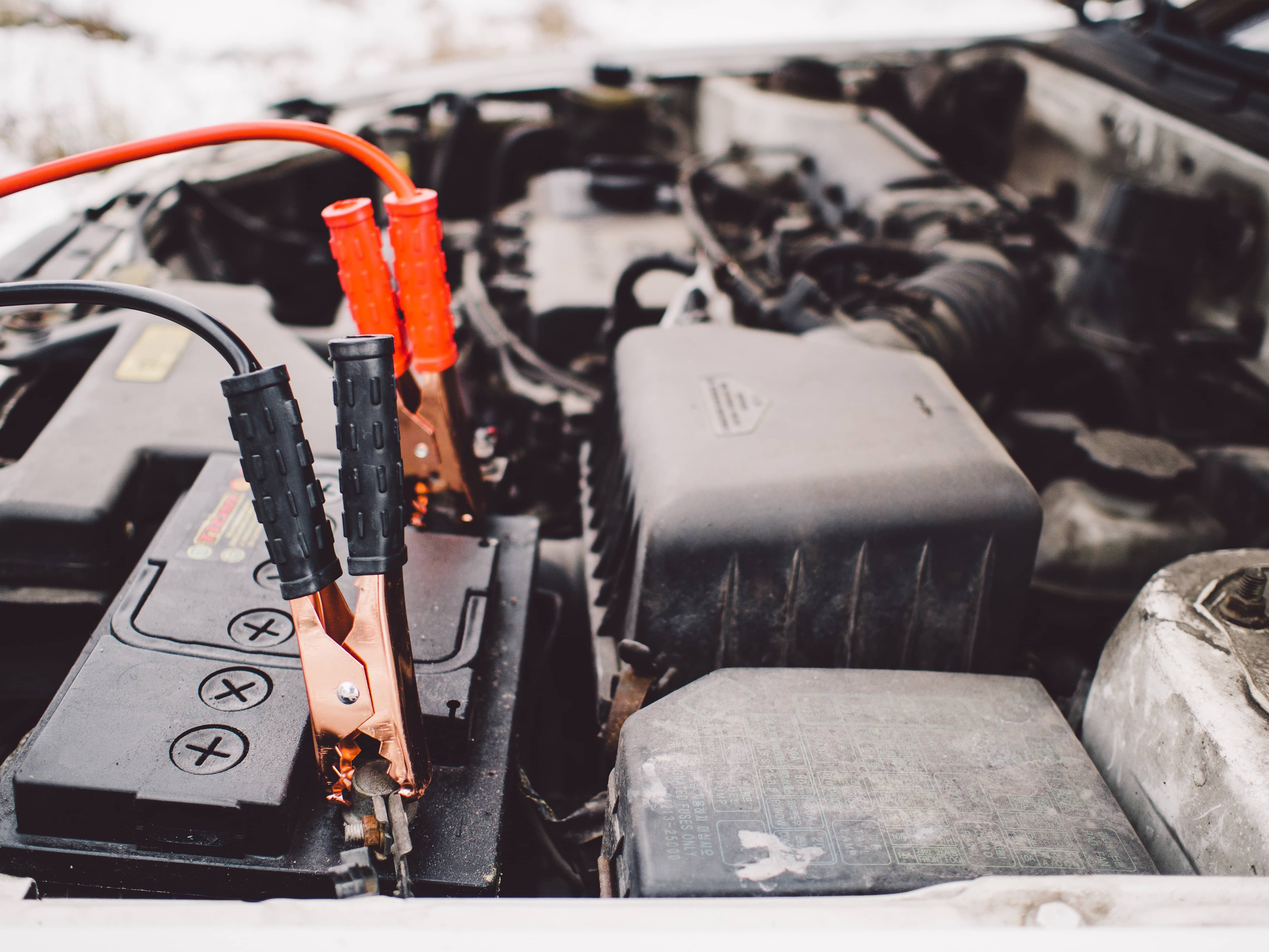
FARGO, N.D. (AAA) – Low temperatures lead to high numbers of motorists stranded with dead batteries.
According to AAA, when temperatures drop to double-digits below zero, calls for help with cars that won’t start skyrocket. To avoid the inconvenience of a car that won’t start, the auto club recommends:
-Have your battery tested. Batteries generally have a life of 3-5 years. Doing so can give you an idea on how long it may last.
-Park your car inside a garage. Just a few degrees difference in temperature can make the difference between a battery having enough power to crank the engine or not.
-If you don’t have a garage, plug in the block heater if you have one.
-Don’t park with vehicle facing into the wind. While wind-chill doesn’t affect vehicles, a build-up of snow blown into the engine compartment can create issues.
-Have a set of jumper cables handy in case they are needed.
-Because cold weather can effect a vehicle in a variety of ways, AAA also recommends:
-Check tire pressure. For every 10 degrees of temperature drop, tires will drop 1-2 pounds of pressure. It is important to keep your tires within the recommended PSI to maintain traction, handling and durability.
-Keep at least a half-tank of gas. Helps avoid gas-line freeze-up and provides a cushion of safety should be become stranded.
-Use cold-weather windshield wiper fluid. You don’t want it frozen when you need it most.
Ensure your emergency car kit is equipped to help you survive several hours in extremely cold conditions. The more remote and less traveled the roads you’ll be driving, the more items the kit should contain.
Knowing what to expect and taking necessary precautions to face the worst can take some of the bite out of caring for your vehicles and yourself during extreme cold weather.
